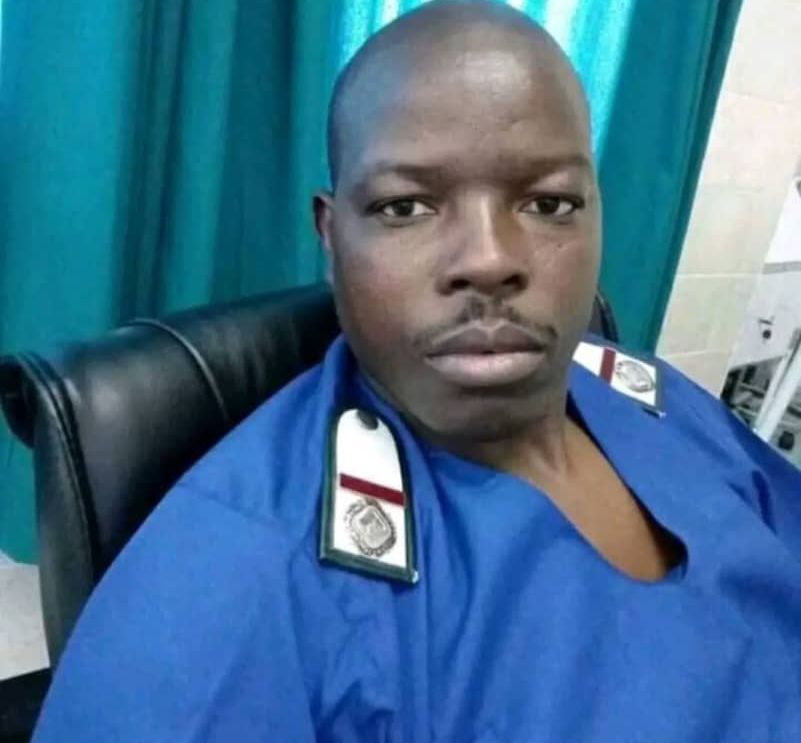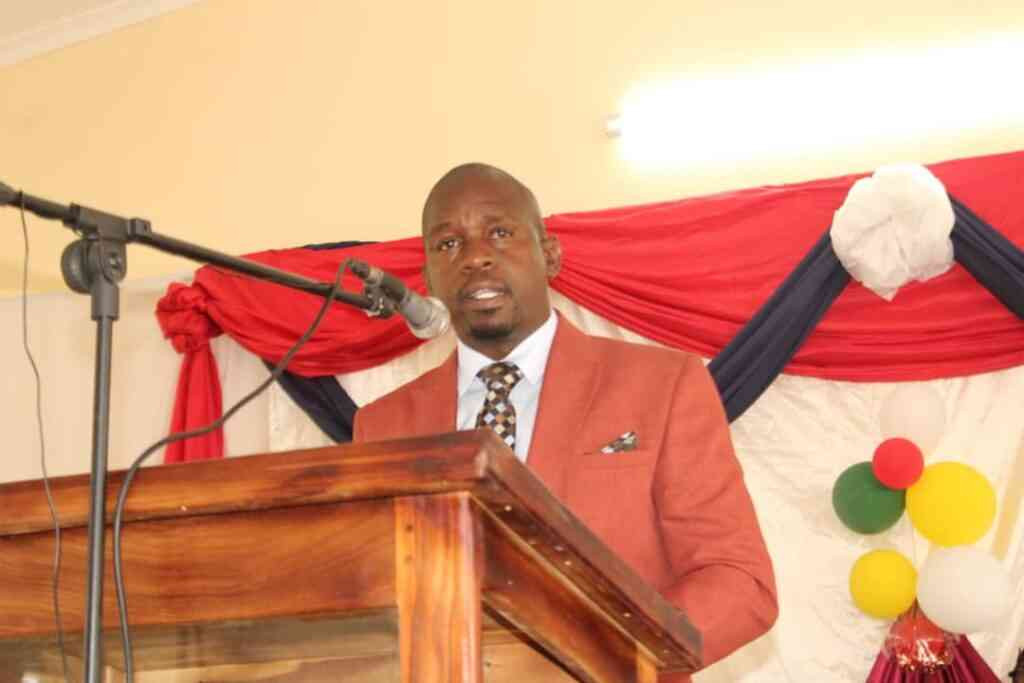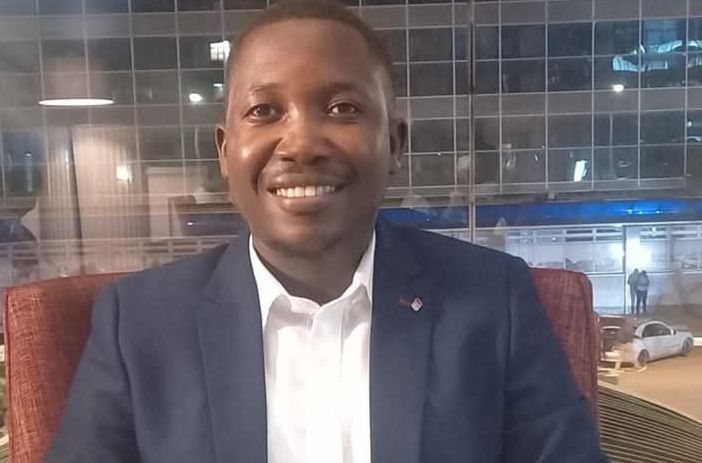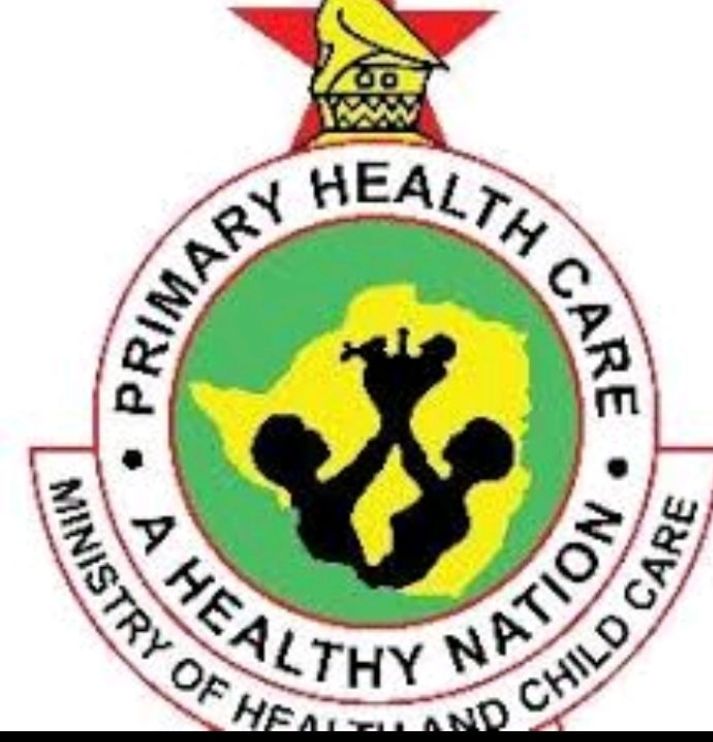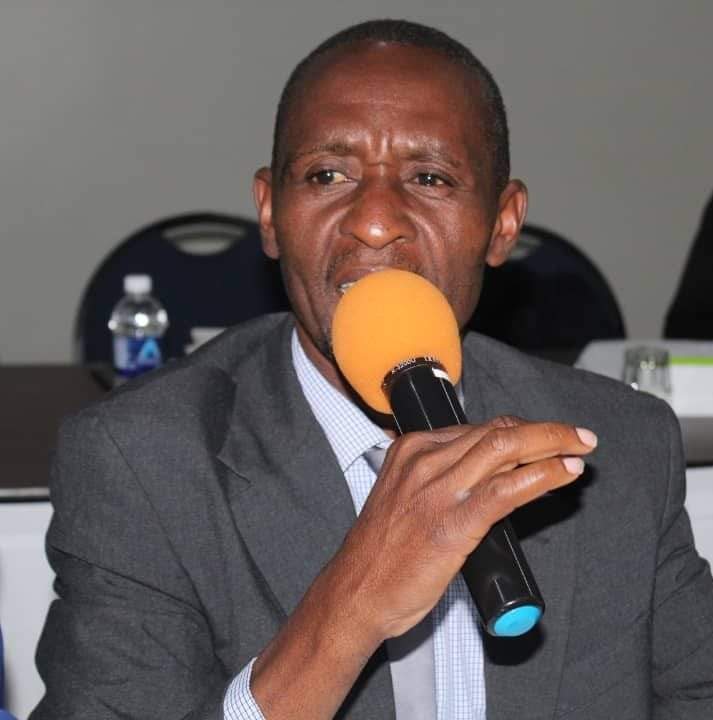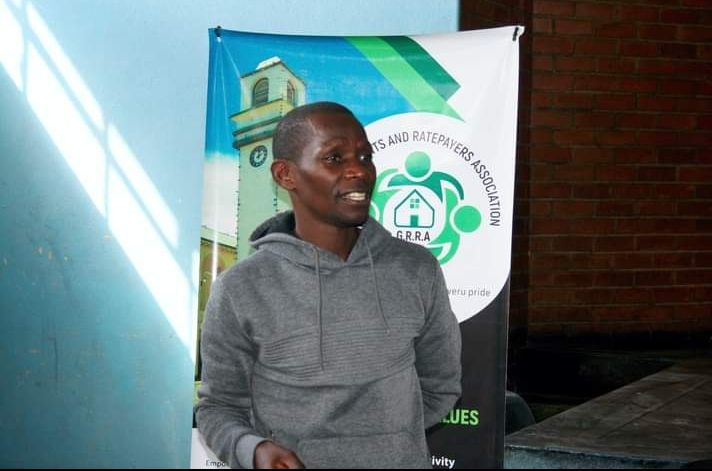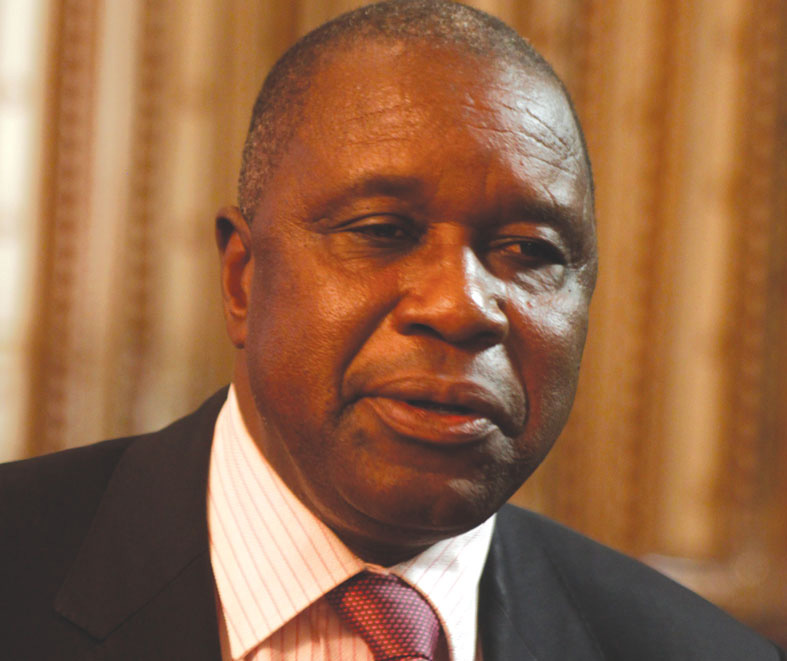
By Staff writer
STAKEHOLDERS have welcomed the Medical Services amendment Bill, describing proposed amendments as positive for the health care system in the country.
INERELA Zimbabwe, East and Southern Africa ambassador Paul Juru gave a positive review of the bill.
The Bill, seeks to align the health sector to the provisions of the constitution.
On Tuesday, Justice,Legal and Parliamentary affairs minister Ziyambi Ziyambi announced some of the proposed changes during its second reading stage in parliament.
Some of the key changes to the law includes the provision that private hospitals will require government approval to increase their charges.
They will also be compelled by law,to admit patients with life threatening conditions for at least 48 hours without demanding payment upfront.
“The bill’s provisions to cap private hospital fees and mandate emergency treatment without upfront payment will undoubtedly enhance access to SRHR services for these marginalized groups,” Juru said.
“The requirement for private health facilities to provide emergency treatment for at least 48 hours, regardless of financial status, is a lifeline for many who would otherwise be denied critical care.”
He added: “I commend the government’s commitment to aligning the health sector with constitutional guarantees on access to care, as enshrined in Section 76 of the Constitution. This bill is a testament to the government’s dedication to promoting human dignity and ensuring that access to treatment is not based on wealth but on need.”
Juru added that the proposal for the creation of the National Health Consultative Forum will bring inclusivity to the health sector.
“The proposed creation of a National Consultative Health Forum will also expand public participation in national health policy, ensuring that the voices of diverse stakeholders are heard,” he noted.
Other changes proposed in the Bill include the provisions to offer treatment for persons under arrest, detention or imprisonment.
“The principal Act is amended by the insertion after section 7 of the following
section—“7A Treatment and care for persons under arrest, detention or imprisonment.
“Every health institution shall, at the expense of the State or, if the person so elects, at his or her own expense, give persons under arrest, detention or imprisonment treatment, on the same terms and conditions as other persons admitted to the health institution,” reads an excerpt of the Bill.





